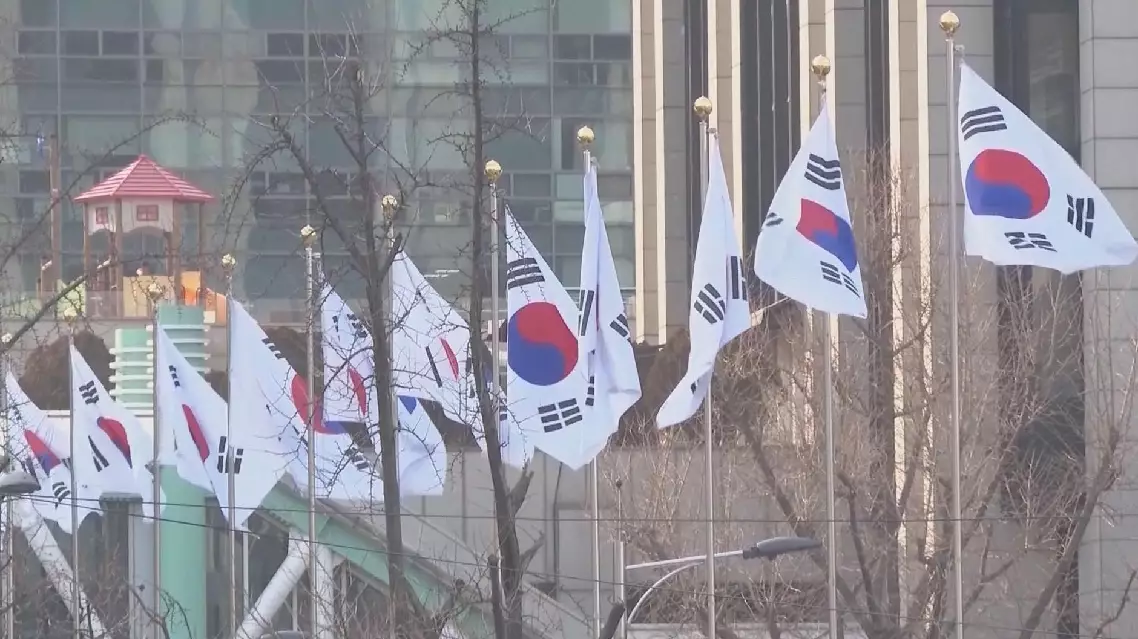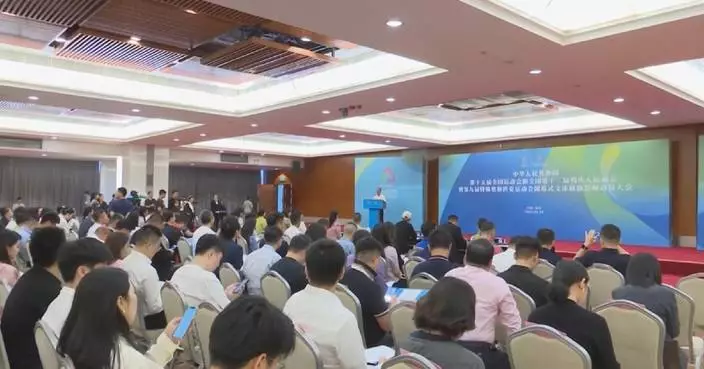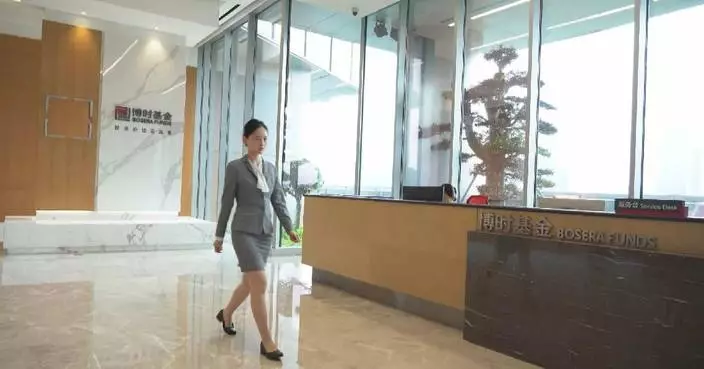The Flaming Mountain scenic area in Turpan, a basin located in northwestern China's Xinjiang Uygur Autonomous Region, witnessed an astonishing temperature of 75 degrees Celsius on Tuesday.
Due to a new round of heatwave, Turpan embraced a high temperature of 40 degrees Celsius at the hottest time of the day.
However, the scorching heat failed to deter curious tourists from feeling the blistering emanating from the ground.
Armed with broad-brimmed hats, umbrellas, and sunglasses for added protection, tourists flocked to the Flaming Mountain, taking photos with 12-meter-tall thermometer that displayed a real-time surface temperature of 75 degrees Celsius and tasting hot sand-baked eggs.
A tourist, surnamed Cao from southeastern Chinese province of Jiangxi, expressed his awe at the searing heat.
"The surface temperature here is so high, which is extremely shocking. I have never had the feeling of being roasted in a 'furnace' like this before. It's an unforgettable experience," said Cao.
To ensure the well-being of visitors and enhance their overall experience, the scenic area has implemented several measures to prevent heatstroke and provide relief from the extreme temperatures.
"We've prepared outdoor cooling fans and ice packs in areas with high temperatures. We've also increased the supply of heatstroke prevention medicines in case that visitors have a heatstroke," said Lan Yunxia, marketing director of the Flaming Mountain scenic area.
The Turpan Meteorological Observatory predicted that this round of heatwave may last until Sunday, with temperatures in some places surpassing 43 degree Celsius.
The weather authorities also issued an orange alert for high temperatures, reminding residents and tourists to take precautions against heatstroke.

Temperature on Xinjiang's Flaming Mountain hits 75 degrees Celsius

Temperature on Xinjiang's Flaming Mountain hits 75 degrees Celsius























































